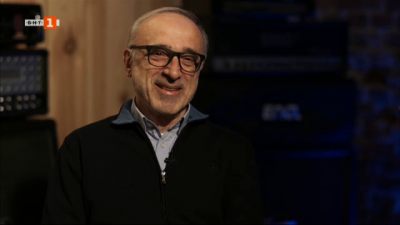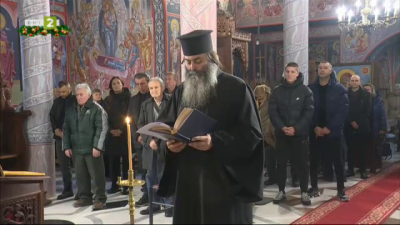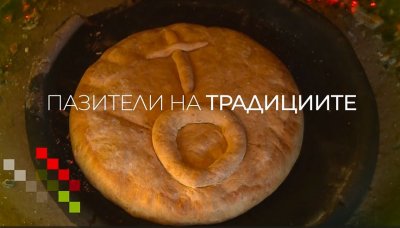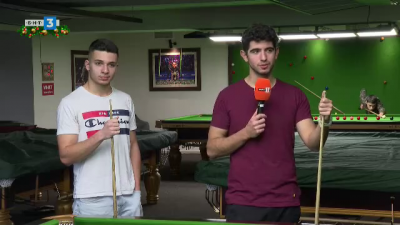Bulgaria marks the day of revolutionary Botev and commemorates liberation heroes

Bulgaria marks 2nd of June as the day of the distinguished Bulgarian poet, revolutionary and journalist, Hristo Botev, who sacrificed his life, at the age of 28, for the freedom of Bulgaria.
The day also commemorates the heroism of all who gave their lives for the liberation of the country.
Hristo Botev is among the most respected and loved Bulgarian national heroes.
Exactly at 12.00, sirens across the country are sounded to mark the beginning of two minutes silence to respect the memory of Botev and everyone who died for the liberty and independence of Bulgaria.
As part of the tradition, people stand up in silence until the sirens stop.
This year, Bulgaria marks 144 years since Botev’s death.
Hristo Botev was born in Kalofer in 1848. His father was a teacher and one of the most significant figures in the late period of the Bulgarian National Revival.
In 1863, after completing his elementary education in Kalofer, Botev was sent by his father to a high school in Odessa, where he studied for 2 years.
In 1867, he returned to Kalofer to teach in place of his ill father. In May, he made a public speech against the Ottoman authorities, which led to his exile and move to Romania seeking asylum.
From 1869 to 1871, Botev worked again as a teacher in Bessarabia, keeping close relations with the Bulgarian revolutionary movement and its leaders. In June 1871, he became editor of the revolutionary emigrant newspaper "Word of the Bulgarian Emigrants", where he published early poetic works.
He closely collaborated with the Russian revolutionists and worked for the Russian newspaper Svoboda (Liberty).
In 1873, he worked on the satiric newspaper “Alarm Clock” and published political fiction aimed at wealthy Bulgarians. He continued to write poetry with themes such as revolutionary zeal and freedom, with two of his more famous poems being, “In the Tavern” and “My Prayer”.
After the outbreak of the 1876 April Uprising, which had the goal to liberate Bulgaria from the five-century Ottoman rule, Botev began organising a troupe to enter Bulgaria and help the rebels.
He crossed the Danube with two hundred men, on the Austro-Hungarian passenger ship Radetzky, with the mission to aid the uprising in the Vratza region and to raise all of Northern Bulgaria to arms with him. The group disembarked near the town of Kozloduy and started moving in the direction of Stara Planina Mountains.
But Vratza region wasn’t up in arms and Botev and the group received no reinforcement. The enemy was well prepared. Not only that, but since the April Uprising began prematurely, by the time of Botev’s landing, most rebels had been destroyed and the people had realized that the uprising was already quelled and there was no one to defend them if they rose.
On 30th of May, 1876, Botev and part of the troupe seized a ship and re-entered Bulgaria from Romania near Kozloduy.
On 2nd of June, 1876, at the foot of peak 'Vola' in Stara Planina Mountain, near the town of Vratza. Botev's group was engaged in its heaviest fight with the Ottoman army. His company fought to the last man. Botev was hit by a bullet, most probably fired by a concealed Ottoman shooter, and died almost immediately.
In commemoration of those heroic days and the deeds of those who gave their lives for Bulgaria's liberty, hundreds of people go to the mountains each year in the traditional annual event called “In the Footsteps of the Botev Group.” The people go along the 120 km trial of the group led by Hristo Botev from Kozloduy to Vratsa Balkan.
Since his death, many streets, cities and landmarks have been named after the revolutionary, including “Botev Point”, “Botev Peak”, and “Botevgrad”.
A football stadium in the South Bulgarian city of Plovdiv was named “Hristo Botev” in 1961 and is home to the professional football club “Botev Plovdiv”.
Get the latest news wherever you are!
Follow us on
Facebook
and
Instagram
Follow BNT’s YouTube channel
You can now also watch us on
TikTok
Find us on
Google News






















